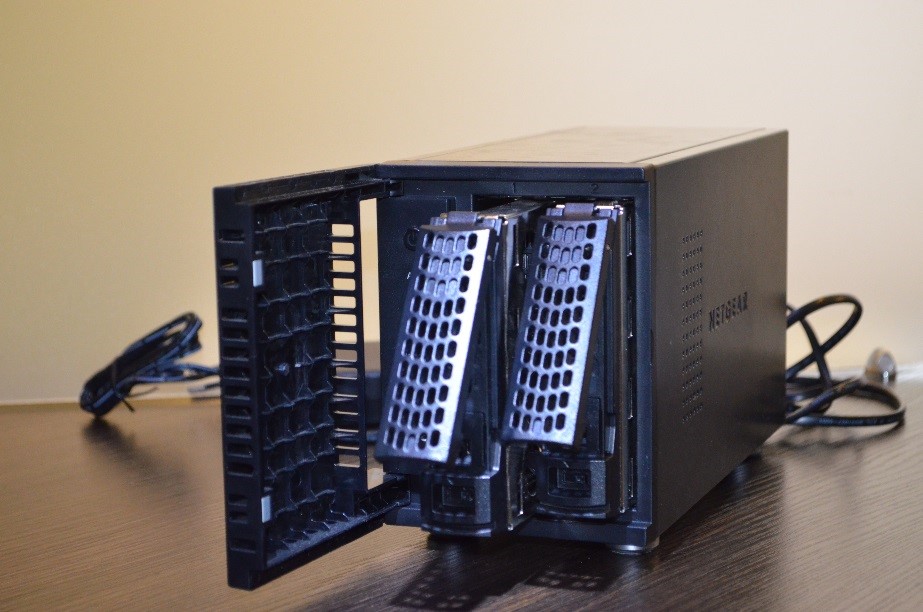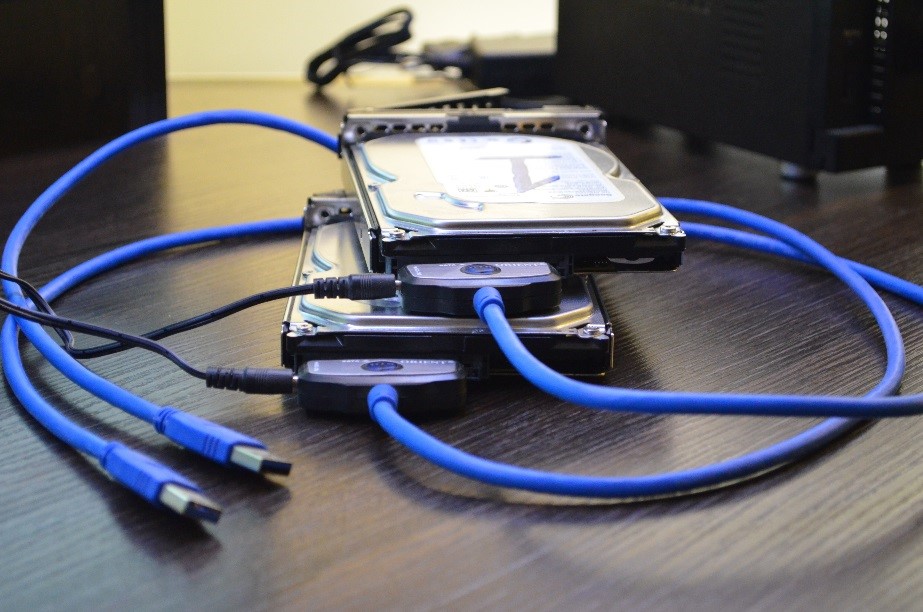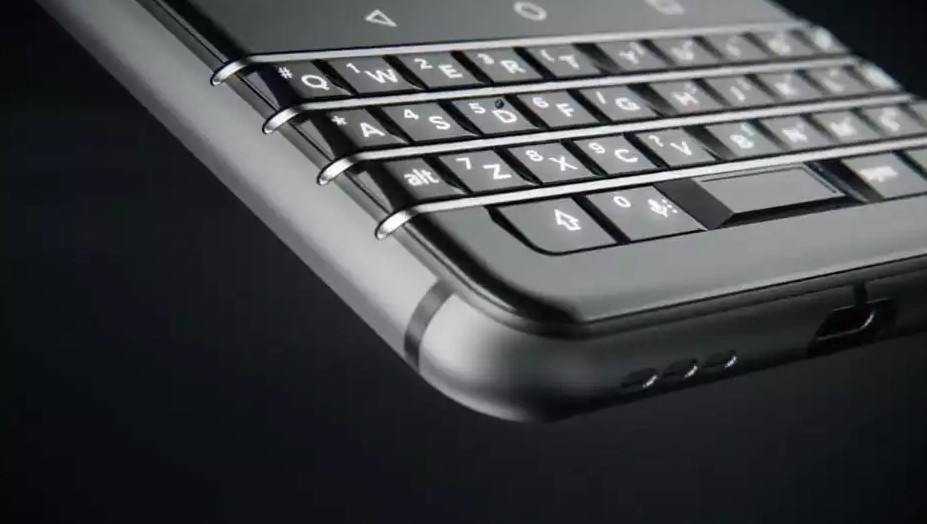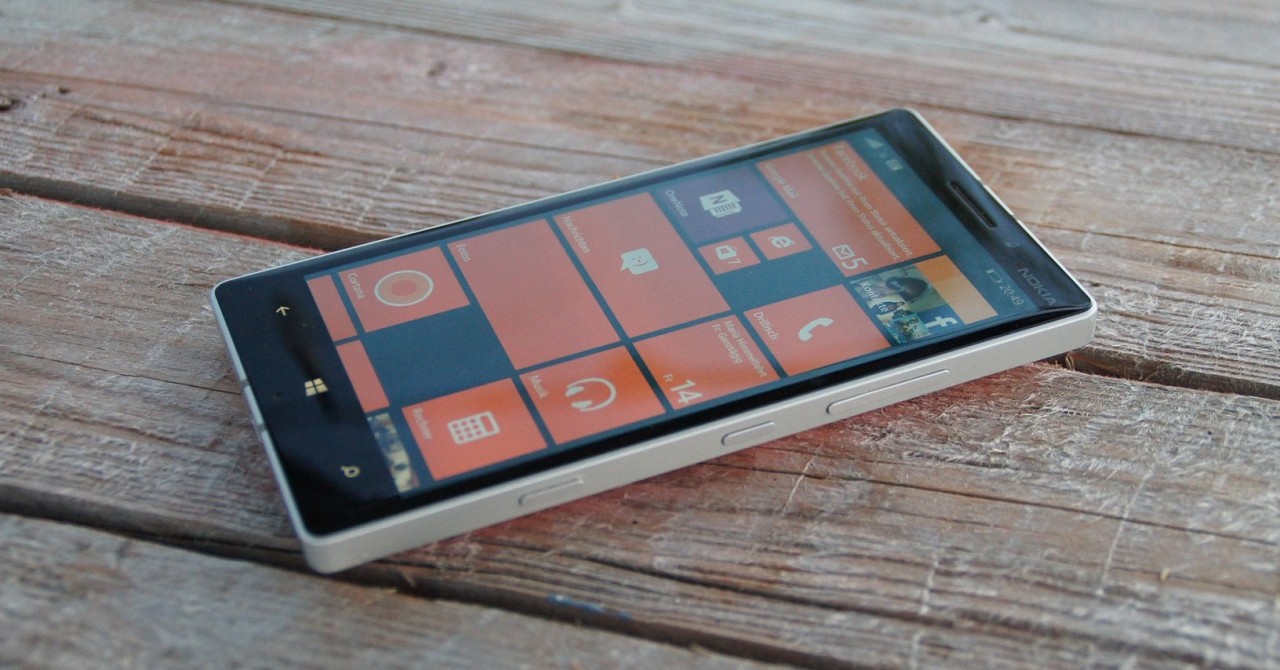NAS, short for Network Attached Storage, is a complex data storage, which you can connect to any PC via a network and store your data.
Typically, NASes use the RAID technology to store many terabytes of data. RAID allows to combine several disks (sometimes even having different size and other characteristics) into a single storage of large capacity. Additionally, RAID can provide better performance as compared to a single disk and fault tolerance of a whole storage system. RAID can be made both using a special controller (so called hardware RAID) and using software drivers, for example md-RAID from Linux. Just the latest is actively used in NAS devices. The most known NAS vendors are QNAP, NETGEAR, and Synology.
Despite the reliable technologies used in NASes, they still may fail. The possible reasons include:
· NAS box failure
· NAS filesystem failure
· Operator errors
· Hard drive failure
In all these cases, you cannot get access to the NAS data; however, most likely your data is still stored on the NAS disks and you can try to recover them. You have two options – send the disk set to a data recovery service (the price could be as high as several thousand dollars) or stick to a DIY route.
Recovering Data From a NAS
In order to recover data from NAS, you need to follow these steps:
1. Get the disks out of the NAS. Sometimes it is not that obvious, as it may seem. You can search YouTube for something like “how to get the disks out of Buffalo LinkStation Duo”.

2. Connect the disks to a PC on which you will do the recovery. Preferably, due to speed consideration, connect the disks directly to a motherboard. However, USB-to-SATA adapters are also OK.

3. Pre-prepare disk space to copy the recovered data to. You will need free disk space equal to the amount of data stored on your NAS.
4. Once you made all the preparations, use special NAS recovery software, for example Home NAS Recovery (www.nas-recovery.software) or NAS Data Recovery (www.runtime.org).
To be honest, I should say that many data recovery tools have some kind of NAS recovery capability. However, these two are specially sharpened to recover data from NAS devices.
In my tests, I used Home NAS Recovery to extract data from my NETGEAR ReadyNAS Duo.
First, I got the disks out of the box, connected them to my PC, downloaded Home NAS Recovery software from the official site and launched it.
1. Disk selection. Note that the software shows only those disks which most likely came from a NAS.
2. Analysis of data. The software analyses NAS data for about 15 minutes.
3. Entering license key for data extraction.
4. Copying the recovered files and folders.
Unfortunately, there are no free solutions in NAS recovery; however, DIY route is still much cheaper than sending NAS disks to a data recovery service for recovery.



















Seems interesting, I will give it a try.
Why do we need special software? Doesnt Recova work with NAS?
Michel, Recuva (you spelled it wrong, I think) and similar software are optimized for Non Raid HDDs and SSDs. They don’t function properly for NASes.